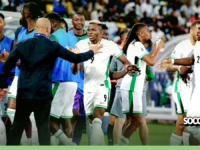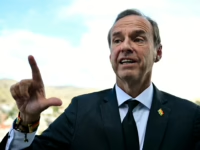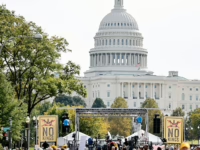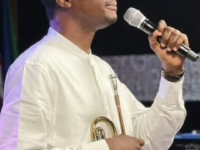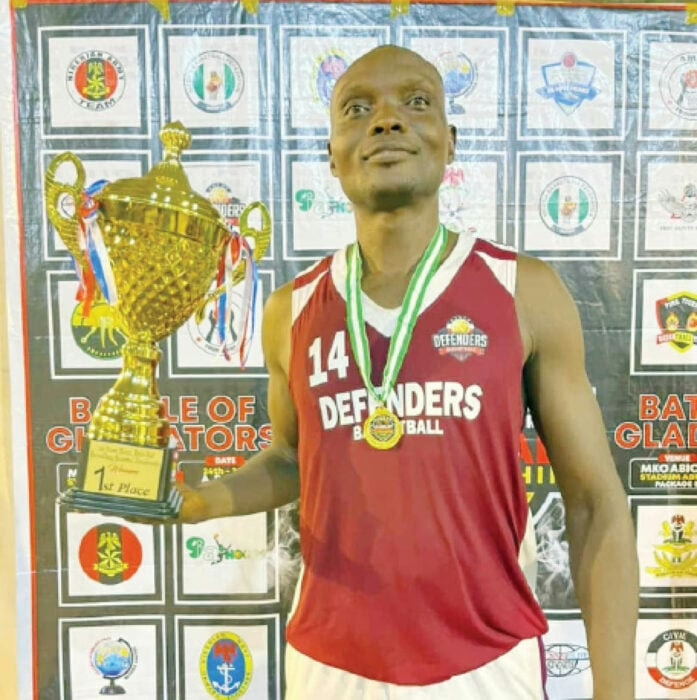Basketball has long been a beloved sport in Nigeria, inspiring countless young athletes and symbolizing national pride and opportunity. Yet, recent grievances voiced by domestic professional players reveal a troubling downturn in the local basketball scene. These athletes have highlighted critical concerns such as the absence of insurance coverage, inadequate pay, and inconsistent league schedules, all of which reflect deeper issues within the governance of the Nigerian Basketball Federation (NBBF).
The Decline of the Domestic League
In a recent statement, several homegrown players openly criticized the current management of Nigerian basketball, describing the system as deteriorating and hindering the sport’s progress over the past eight years under the leadership of Engr Musa Kida’s NBBF board.
Coach Joseph Alhassan, a respected figure in the community, echoed these frustrations, stating, “Since this administration took over, we have barely maintained a fraction of what we once had.”
He emphasized that a thriving basketball culture in Nigeria depends on a well-organized league running from March through December. Unfortunately, this has been replaced by fragmented, short-lived tournaments lacking the consistency and competitive spirit of a full season. “We end up playing brief competitions lasting just a few days,” Alhassan lamented, highlighting the stark contrast to a robust league structure.
Players’ testimonies further illustrate the challenges posed by this erratic format. The irregularity of the league, combined with insufficient financial support, has drastically reduced players’ income. Francis Ajunufo pointed out that while the league used to span several months, it now barely lasts two months annually due to the fragmented tournament style. “How can players be expected to earn a living under these conditions?” Ajunufo questioned, underscoring the mismatch between game frequency and financial expectations.
This inconsistency also limits exposure for emerging players, stunting their development and leaving them ill-prepared to compete internationally against more seasoned opponents.
Neglect of Local Talent
Adding to the discontent, players have observed that the NBBF seems to prioritize foreign-based athletes who have independently succeeded abroad. Ifeolu Adewumi highlighted this issue, noting that international coaches often comment on the scarcity of locally nurtured talent ready for global competition. “We only complete about 20% of our league schedule,” Adewumi stressed, emphasizing that the federation’s primary role should be to cultivate homegrown players.
This neglect has forced many local athletes to rely on personal efforts rather than structured development programs. “Coaches from overseas have remarked that Nigerian players who haven’t trained abroad don’t meet the required standards,” the players revealed, a stark admission of the system’s shortcomings and a call for urgent reform.
Demanding Reform
With the current board’s term nearing its end, there is a growing urgency among players for change. Adewumi expressed concern over rumors that the existing leadership might attempt to amend the constitution to extend their tenure-an idea players strongly oppose. Their plea for new governance is driven by a sincere wish to rejuvenate the sport.
“It’s 2025, and we need fresh leadership,” Adewumi insisted, advocating for an administration that prioritizes player welfare and sustainable basketball development. The players emphasize the necessity of a management team that comprehends the complexities of sports as both a passion and a business.
Missed Economic Prospects
Players have also raised significant economic issues amid the decline of Nigerian basketball. The NBA’s expansion into Africa has created both opportunities and challenges for local leagues. “The NBA’s African market was valued at over a billion dollars four years ago,” Adewumi noted, criticizing the NBBF for failing to capitalize on this growth.
They lamented the scarcity of sponsorships and financial investment in local teams, urging the federation to leverage the increasing popularity of basketball. Despite the league’s struggles, the potential for economic advancement remains substantial if properly harnessed. “What has the NBBF done to benefit the nation from this opportunity?” Adewumi questioned, highlighting a lost chance to boost both players’ livelihoods and the broader sports economy.
Improving Player Welfare
At the heart of the players’ demands is the urgent need for better welfare provisions, particularly health insurance-a critical area currently overlooked. Player Oseni revealed the harsh reality that many Nigerian basketball players lack any form of health coverage. “No legitimate sports contract anywhere excludes health insurance,” he stated, underscoring the responsibility teams have to safeguard their athletes.
The absence of adequate welfare systems reflects a broader disregard for player well-being. Injuries are an inherent risk in sports, yet Nigerian players often face these dangers without support. “Players are left to fend for themselves,” Oseni lamented, highlighting the precarious conditions under which they compete.
The Case for New Leadership
The call for new leadership within the NBBF grows louder as players share their experiences. Coach Alhassan pointed out that the same individuals have dominated leadership roles for years, leading to stagnation. “Some officials have been in power for too long,” he remarked, emphasizing how this lack of fresh perspectives has hindered progress.
Players believe that new leadership could usher in an era marked by accountability, innovation, and professionalism. They stress that basketball administrators must not only love the game but also possess the expertise to manage it effectively as a business. Successful sports governance should focus on building systems that support athletes, encourage competition, and promote development at every level.
Engaging the Youth Through Basketball
Figures like Coach Alhassan and Ajunufo have highlighted the broader social benefits of a well-run basketball program. “Sports play a vital role in reducing insecurity and channeling youthful energy positively,” Alhassan explained, illustrating how organized sports can foster safer, healthier communities.
Youth involvement is essential for the sport’s growth; however, the current administrative failures undermine this potential. Without a stable league or clear pathways for young players, many are forced to seek opportunities abroad or abandon their dreams. The players urge the NBBF to adopt proactive strategies that include youth engagement and community outreach as core components of their vision.
Charting a Path Forward
Addressing the challenges facing Nigerian basketball requires a holistic strategy focused on restructuring and immediate reform. Players collectively call for transparent financial frameworks, comprehensive development programs, and robust welfare systems that protect their interests.
There is widespread frustration over the NBBF’s inability to fulfill promises related to player welfare and league improvement. Ajunufo remarked, “Most commitments made by the current management have not materialized.” The players demand leadership that listens attentively and acts decisively to bring about meaningful change.
Moreover, they advocate for greater accountability, suggesting the creation of a players’ committee to provide direct feedback and collaborate with the federation. This partnership approach could transform the relationship between athletes and administrators from adversarial to cooperative.
Envisioning a Bright Future for Nigerian Basketball
The future of basketball in Nigeria depends on the willingness of its leaders to address the pressing concerns raised by domestic players. While the current state of the local league reveals systemic flaws, it also presents a unique opportunity for transformation. Embracing new leadership, fostering youth participation, and prioritizing player welfare can revitalize the sport and restore its prominence.
As players continue to advocate for their rights and the sport’s revival, it is crucial for all stakeholders-from the NBBF to potential sponsors-to engage constructively with these challenges. Nigerian basketball deserves dedicated leadership capable of nurturing homegrown talent and elevating the game to international heights. Only through such commitment can the nation unlock the full potential of its vibrant basketball community and witness a renaissance in its domestic leagues.







